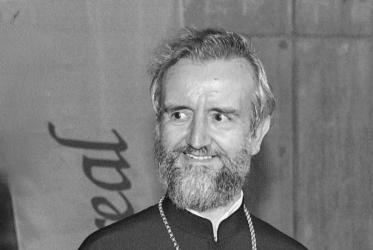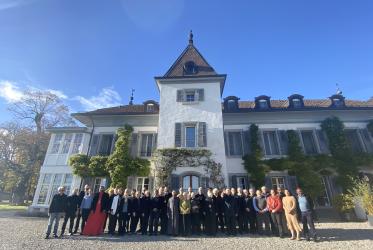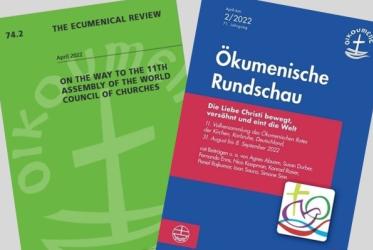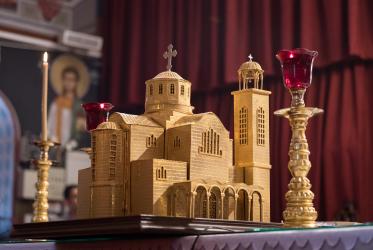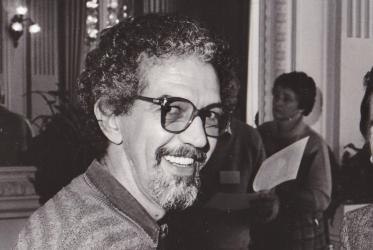Displaying 1 - 20 of 143
21 December 2023
WCC mourns loss of Elder Metropolitan John Zizioulas of Pergamon
03 February 2023
El mundo llora la pérdida del arzobispo Desmond Tutu
30 December 2021
Die Welt trauert um Desmond Tutu
30 December 2021
Le monde pleure la perte de l’archevêque Desmond Tutu
30 December 2021
Tributo a Desmond Tutu, Pastor de la Nación
30 December 2021
World mourns loss of Archbishop Desmond Tutu
30 December 2021
Desmond Tutu: Pfarrer der Nation - ein Nachruf
30 December 2021
Desmond Tutu : Pasteur de la nation – Un hommage
30 December 2021
Desmond Tutu: Pastor of the Nation - A Tribute
30 December 2021
